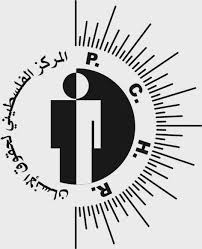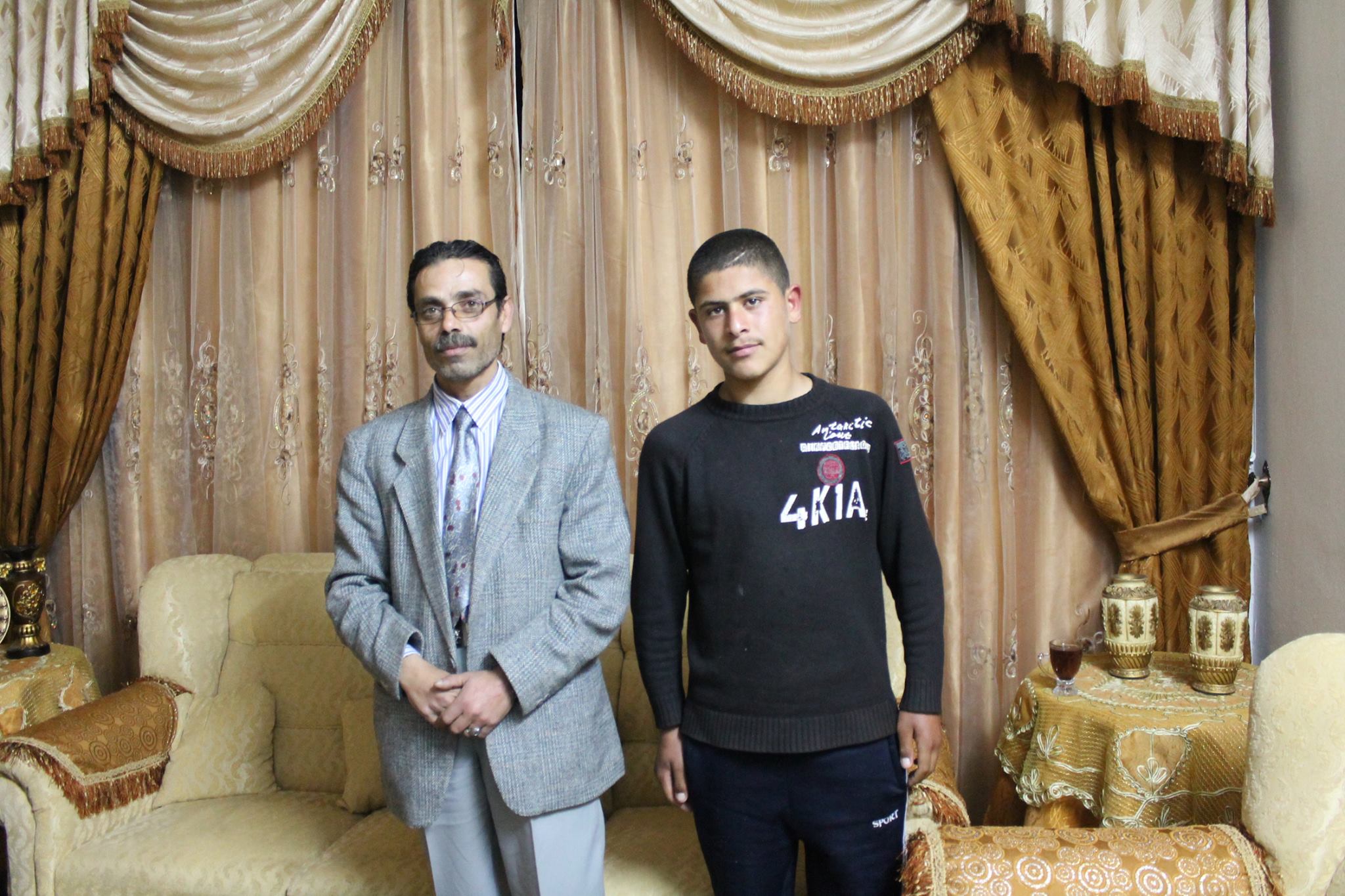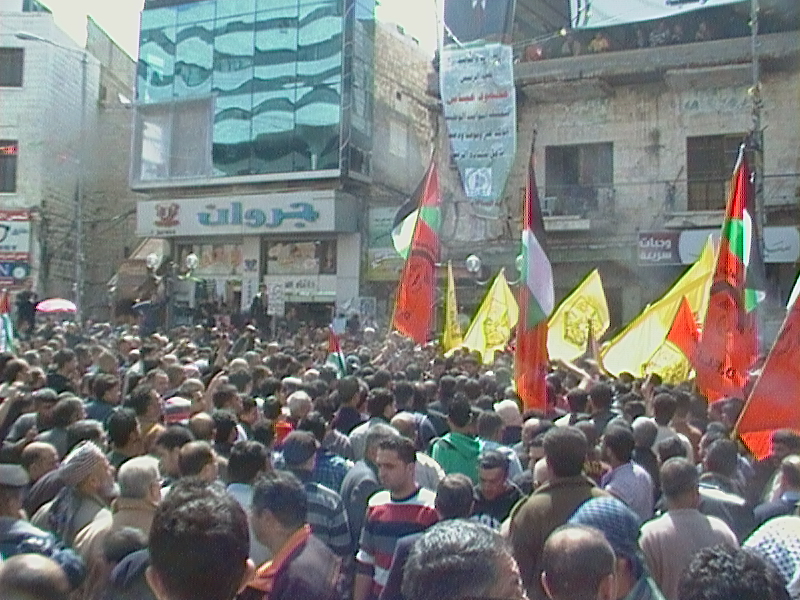Category: Nablus
-
Israeli forces kill 2 Palestinian civilians and armed group member and wound 12 civilians in Jenin refugee camp
24th March 2014 | Palestinian Center for Human Rights | Jenin, Occupied Palestine In excessive use of force, on Saturday, 22 March 2014, Israeli forces killed, 2 Palestinian civilians and a member of a Palestinian armed group and wounded 12 civilians and a members of the Palestinian National Security Forces in Jenin refugee camp, west…
-
Israeli forces arrest and hold 13-year-old for seven hours
20th March 2014 | International Solidarity Movement, Nablus Team | Bruqin, Occupied Palestine On Tuesday 18th March, Israeli forces entered the village of Bruqin and arrested 13-year-old Abdel Hafez Mohammed, holding him for seven hours before releasing him later in the day. Abdel Hafez Mohammed Samara was working on his land, picking ‘aqoub’ (a local plant),…
-
The remains of martyr Ahmad Saleh finally returned to family
20th March 2014 | International Solidarity Movement, Nablus Team | Asira al-Qibliya, Occupied Palestine In June 2002, Israeli soldiers assassinated 18-year-old Ahmad Saleh from the village of Asira al-Qibliya after he entered the illegal settlement of Yizhar. Ahmad’s body was then convicted post mortem to be held for 20 years by the Israeli authorities. Today,…



